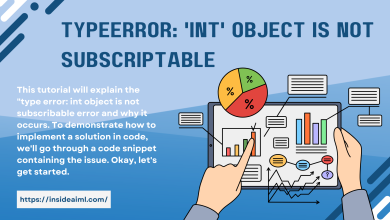The challenges of implementing DRM and anti-piracy measures for small businesses

Digital Rights Management (DRM) and anti-piracy measures are essential in protecting the intellectual property of businesses. However, implementing these measures can be particularly challenging for small businesses due to the cost and complexity of the technology involved. In this article, we will discuss the challenges that small businesses face when implementing DRM and anti-piracy measures, and suggest ways to overcome these obstacles.
- Cost
One of the biggest challenges of implementing DRM and anti-piracy measures is the cost. Small businesses often have limited resources and may not have the budget to invest in expensive DRM technologies or legal support. The cost of implementing DRM can vary depending on the size of the business and the level of protection needed. For example, if a business wants to protect software or digital content, it may need to invest in a sophisticated DRM system that can encrypt the data and prevent unauthorized access.
- Complexity
DRM and anti-piracy measures can be complex, requiring a high level of technical expertise to implement and maintain. Small businesses may not have the necessary skills and knowledge to implement these measures, and they may not have the resources to hire a specialist. Additionally, the process of implementing DRM can be time-consuming and disruptive to the business.
- Inadequate Legal Protection
Another challenge that small businesses face is inadequate legal protection. Even if a business invests in DRM technologies, it may still be vulnerable to piracy if its legal protections are not robust enough. Small businesses may not have the resources to hire a legal team to protect their intellectual property rights or pursue legal action against pirates.
- Overcoming the challenges
Despite the challenges, small businesses can take steps to implement DRM and anti-piracy measures effectively. One approach is to start small and gradually build up the level of protection. For example, a small business can begin by using simple anti-piracy measures such as adding watermarks to digital content or using license agreements that prohibit unauthorized reproduction.
Another approach is to leverage the power of the internet to protect intellectual property. Small businesses can use social media and other online platforms to raise awareness about the importance of DRM and anti-piracy measures. They can also use digital marketing to promote their legal and licensed content and encourage consumers to choose legal options.
Small businesses can also consider outsourcing DRM and anti-piracy services to third-party providers. These providers specialize in providing DRM solutions to businesses of all sizes, and they can offer cost-effective and scalable solutions. Outsourcing can also help small businesses to free up resources and focus on their core business operations.
Conclusion
In conclusion, small businesses face significant challenges when implementing DRM and anti-piracy measures. These challenges include cost, complexity, and inadequate legal protection. However, by starting small, leveraging online platforms, and outsourcing DRM services to third-party providers, small businesses can overcome these obstacles and effectively protect their intellectual property. As the importance of digital content continues to grow, it is essential that small businesses take steps to protect their valuable assets and promote a fair and sustainable digital economy.




